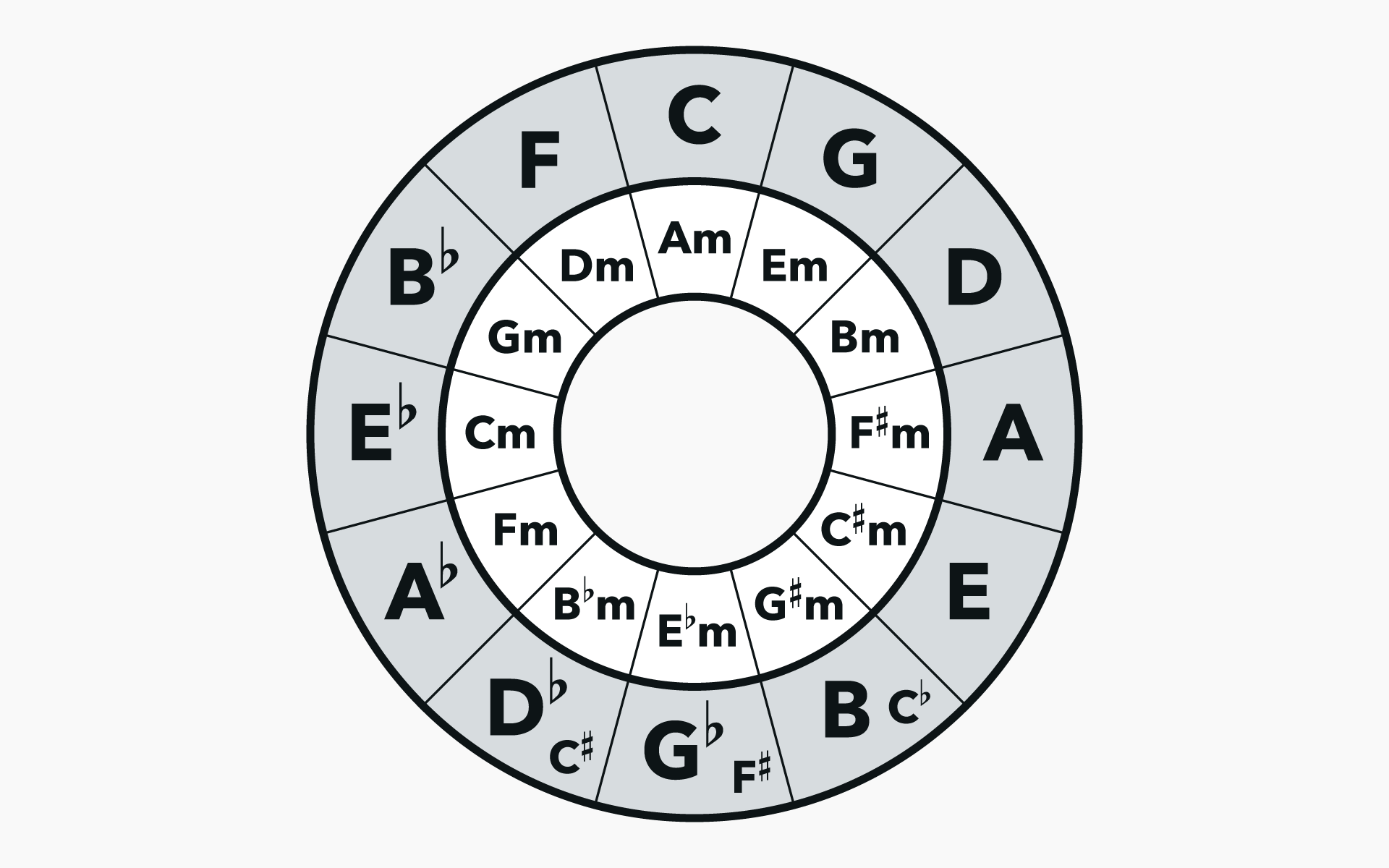If you’re a songwriter making demos, it’s probably going to take more than just your voice on top of acoustic chords to sell your song. You need to get hip to arranging. To be a good music arranger is to have the ability to incorporate strings, horns, a rhythm section, and more instruments into your own music (or even into somebody else’s). Music arranging can be an added asset to your skills as a musician, and it can also be an entire career unto itself.
“There are a lot of artists out there who have great ideas but don’t know how to pull them together to create a whole,” says Jerry Gates, an arranging instructor at Berklee Online. “So that’s where the music arranger comes in. They can take that good idea and craft it into something.”
Gates knows what it’s like to arrange music professionally. He authored three arranging courses available to Berklee Online students this fall: Small Ensemble and Horns, Advanced Horn Writing, and Woodwinds and Strings. Inspired by his industry experience, Gates teaches students to become nimble music arrangers, across a variety of genres, instruments, and styles.
Over his 35-year career, Gates has arranged and written for TV and radio. Working as a music arranger as well as a composer, producer, educator, and orchestrator, some of his credits include commercials for Scope mouthwash, Marlboro cigarettes, Bank of America, Log Cabin maple syrup, and television shows like The Dennis Miller Show, as well as working with jazz great Bill Holman, and film composers Jack Smalley and Richard Band.
If you want to become a music arranger—for yourself, or for others—Gates has some advice for what it takes:
Have a Deep Understanding of Music Theory
First and foremost, music arrangers must know music theory inside and out. It helps if you are proficient at one or more instruments and have experience writing music. Additionally, a music arranger must be able to convey music theory concepts to others.
“I think we need to look at music as a language, and to be able to speak it efficiently, cohesively, and with anybody,” says Gates. “When you get into the studio situation, where time is money, you’ve got to be more efficient and that’s where being able to speak the language to the players, engineer, producer, whoever, is really important.”
Be a Methodical and Organized Thinker
Gates says that arranging music can be summarized in one word: organization. While you don’t necessarily need to be an organized person, you need to be a methodical thinker to be a music arranger. Imagine arranging music as a puzzle. There are intros, verses, choruses, bridges, transitions, endings, and more. The music arranger’s job is to fit these puzzle pieces together to achieve the sound that the client wants.
“Arranging music is organizing many bits of information into a coherent whole,” says Gates.
LEARN ARRANGING ONLINE WITH BERKLEE!
Be Able to Carry out a Client’s Vision
With some projects, you will be able to exercise creative freedom, but for client work, most often you are asked to carry out a specific vision for a piece of music. Though you might have a great idea to take a project in an interesting direction, most often clients are looking for something specific. As an artist, you need to gather as much information as possible about what the client wants and practice restraint in order to create what the client is looking for with the least amount of back-and-forth.
“At Berklee, you’re learning so many cool, extended, complex concepts, and the first thing you want to do is put them into the first piece of music you work on,” says Gates. “But, if that’s for a client, that’s probably not what they’re looking for. They’re probably looking for something pretty simple. So you have to be willing to pull back. The client is usually right in the sense that they’re paying you.”
Be Savvy with Technology
Music composition no longer involves simply sitting at a piano with a blank sheet of music and a pencil. Clients want to hear nearly-finished-quality samples, which can only be produced if you are savvy with music composition technology. Recording and electronic music composition is an entire career in itself, but music arrangers must have enough tech-savvy to convey to a client what a final piece will sound like.
“The client wants to hear demos of your work before you make the final versions, and that’s stuff you usually have to gather yourself,” says Gates. “If you don’t have a good understanding of how to use the technology to make a good sound, then you’re in trouble.”
Be a Quick Learner and Producer
It’s not possible to become intimately familiar arranging all genres of music. It is, however, possible, to become a quick learner so that if you are asked to arrange a piece of music into a specific style that you’re not familiar with, you know how to listen and recreate the musical components that constitute a certain genre of music.
“If somebody calls you and says, ‘I’ve got this writing gig, I need it done in four days and I’ve got a $1,000 budget, can you do it?’” says Gates. “Are you going to say, ‘No?’ Or are you going to take a shot at it and figure it out? Even if you don’t know the style really well. You’re better off taking the gig and figuring it out. Hopefully, through taking courses you’ll have the tools to be able to take apart the style, even if it’s something you’re not familiar with.”











